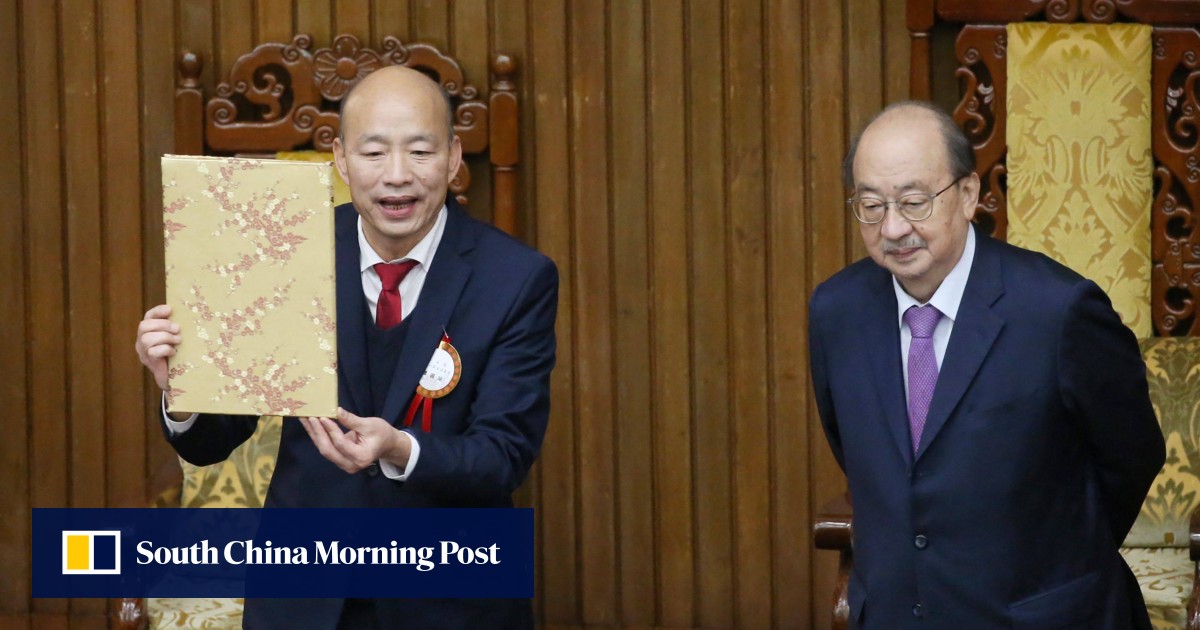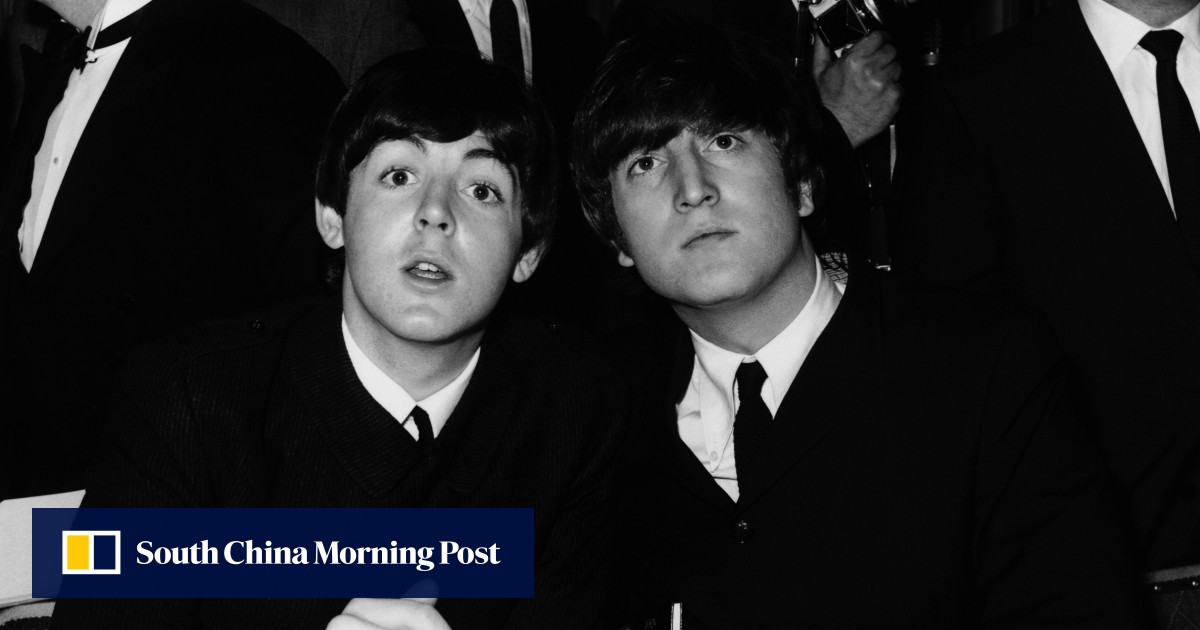Johnny Chiang, a KMT legislator and former party chairman, took the vice-speaker’s post.
Beijing’s changes to cross-strait flight path will ‘squeeze’ Taiwan air defence
Beijing’s changes to cross-strait flight path will ‘squeeze’ Taiwan air defence
You announced his resignation as a DPP at-large legislator shortly after his defeat.
Observers said Han’s win would allow the KMT to act as a check on the Lai administration, which will take office in May.
“Beijing should feel somewhat relieved now that the legislature in Taiwan is led by the KMT instead of the DPP,” Wang Kung-yi, head of Taiwan International Strategic Study Society, a Taipei think tank.
Beijing, which views Taiwan as part of China to be reunited by force, if necessary, has described Lai as an “obstinate separatist” and warned he would increase the risk of war.
The DPP previously had a majority in the legislature, allowing it to pass whatever measures it wanted while it held the presidency. But Wang said a KMT-led parliament could hamper policies that were unfriendly towards the Chinese mainland.
“Although the KMT is not the absolute majority of the legislature, it has the help of two independent legislators who are friendly to the KMT. The KMT can also cooperate with the TPP – which is relatively friendly to Beijing – on certain Lai measures that would fuel a cross-strait impasse,” Wang said.
“The Lai government might need to consult with the KMT in the future on certain measures deemed by the KMT as creating cross-strait tensions, given that it needs the KMT’s support for the annual budgets to fund its operations, including huge payments for US arms deals.”
Why Taiwan’s new pier on South China Sea islet may have put its leader in a spot
Why Taiwan’s new pier on South China Sea islet may have put its leader in a spot
The United States, in common with most countries, does not recognise Taiwan as an independent state but is opposed to any attempt to take the self-governed island by force and is committed to supplying it with weapons.
KMT legislator Wang Hung-wei pointed out that the speaker plays a decisive role in whether a motion should be passed in the event of a tie.
“In addition to chairing legislative proceedings, the speaker also needs to mediate between government and opposition parties over certain controversial bills,” she said.







